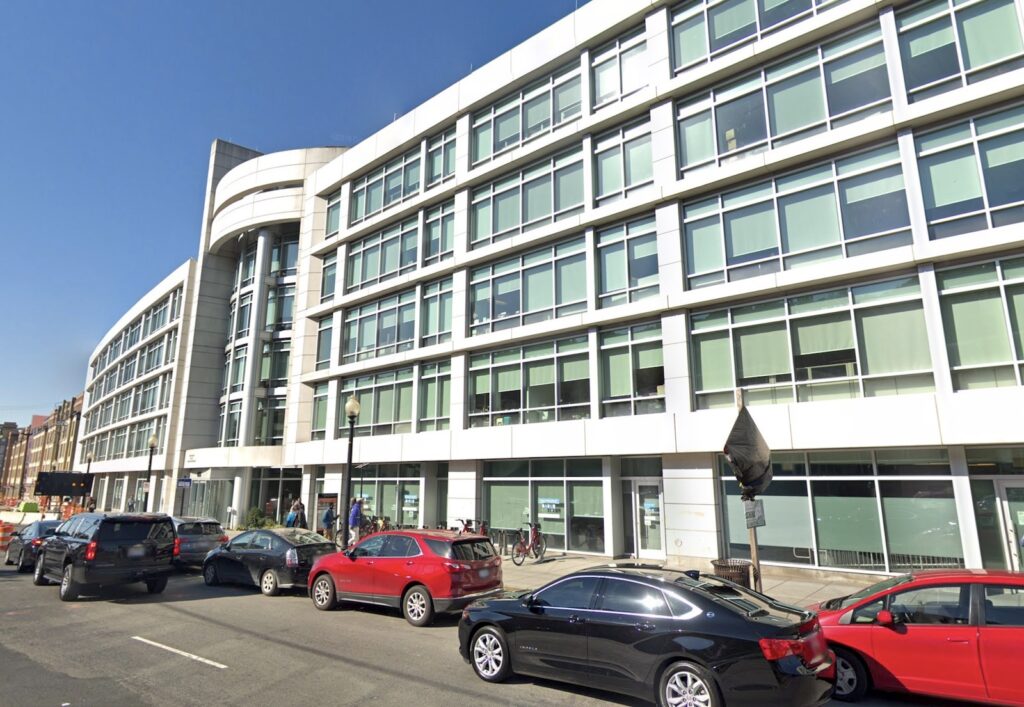There are three reasons why homelessness is a persistent problem: lack of affordable housing, lack of health care, and the federal minimum wage.
The government tells us that 42% of America’s homeless population is actually working. The problem is that many of these people are earning only the minimum $5.15 per hour. We don’t need the U.S. Conference of Mayors to tell us – though it has in a recent report – that $10,300 per year is not enough money to live on. Some employers might pay as much as $8.00 per hour, but even that is not enough to get or keep most folks in housing.
Some advocates say that this problem can be resolved by raising the minimum wage to as much as $10.00 per hour. Again, that would not afford any minimum-wage worker an efficiency apartment in Washington, D.C. or other major cities. However, at the same time, that flat wage would burden small businesses all across America in cities like Biloxi, Miss., or Harlingen, Texas. In fact, this is Congress’s biggest problem: One wage size no longer fits all.
What does fit, however, is the Universal Living Wage formula, which ensures that anyone working a 40-hour week will be able to afford basic rental housing (i.e., an efficiency apartment) wherever that work is done throughout the
United States. Using government guidelines, the living wage for an area is what a business would have to pay per hour to employees so that if the employee worked 40 hours a week, 30% of that income would equal the Department of Housing and Urban Development fair market rent in the area.
The Universal Living Wage formula is based on the moral premise that anyone working 40 hours a week should be able to afford basic rental housing. To this end, the national Universal Living Wage campaign was formed, and it has garnered widespread support across the United States.
Based on federal government statistics, it is conservatively estimated that, with the implementation of the Universal Living Wage formula, over one million people will be able to work themselves off the streets. This would also likely decrease costly turnover, repetitive retraining costs, high absenteeism, and internal theft..
Finally, enacting this formula will create a true economic stimulus package and would prevent economic-based homelessness for all 10.1 million minimum-wage workers.
Richard Troxell is the chairman of the Universal Living Wage Campaign. For more information on the campaign, go to www.UniversalLivingWage.org







